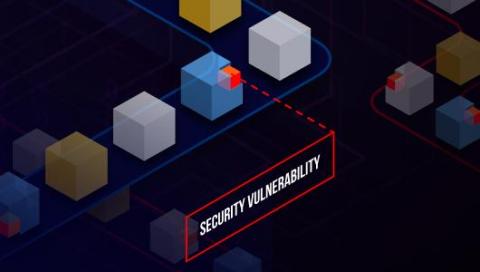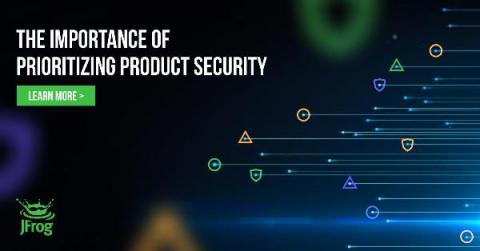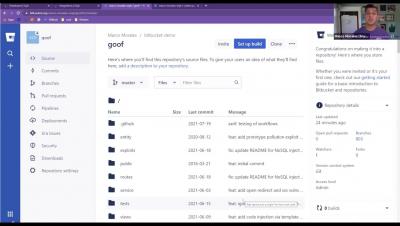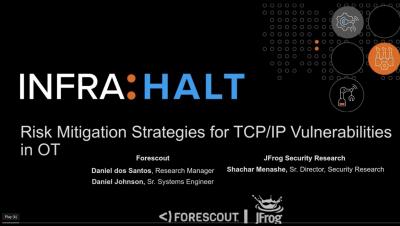23andMe's Yamale Python code injection, and properly sanitizing eval()
JFrog security research team (formerly Vdoo) has recently disclosed a code injection issue in Yamale, a popular schema validator for YAML that’s used by over 200 repositories. The issue has been assigned to CVE-2021-38305.










